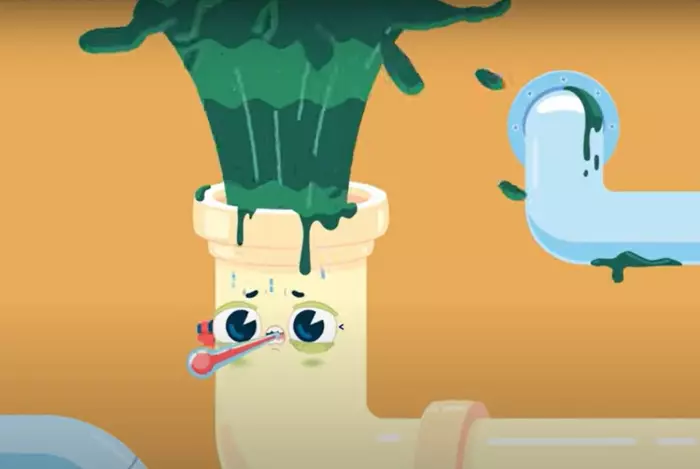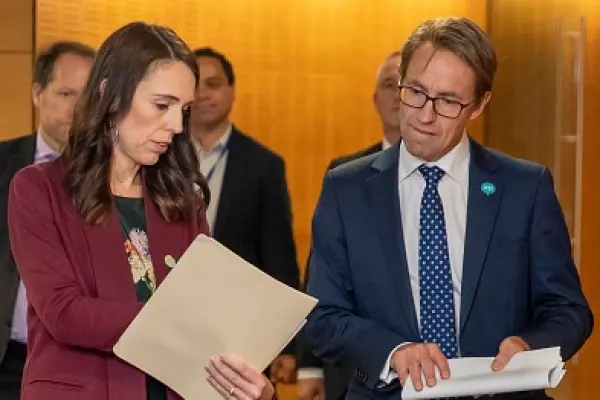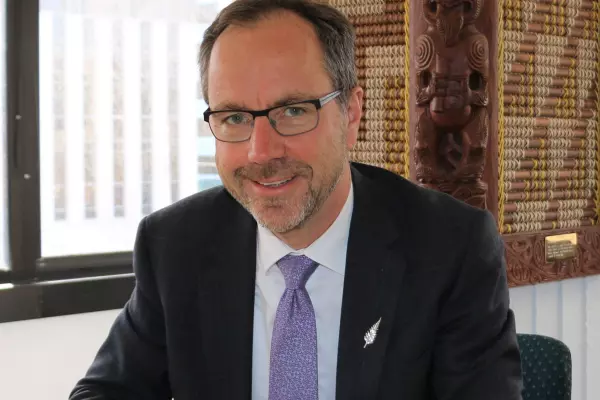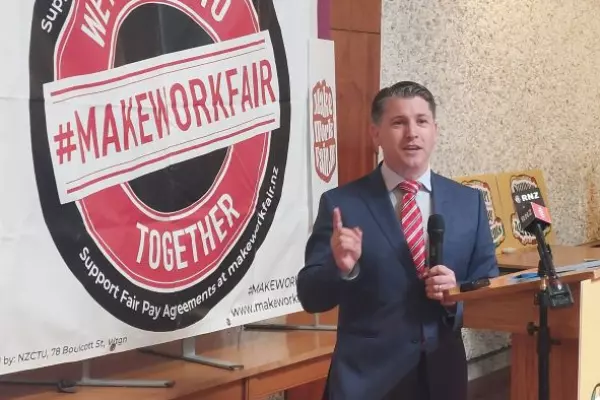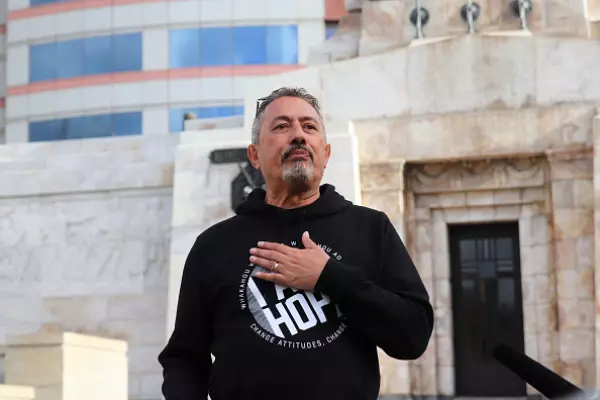Three Waters Reform Programme officials are keeping secret both the advice that led to its controversial television advertising campaign and the identity of its author.
In response to an Official Information Act (OIA) request, the three waters unit within the Department of Internal Affairs (DIA) redacted the marketing and communications proposal and its source. This was done “to protect the intellectual property of, and to avoid unreasonably prejudicing the commercial positions of the entity who supplied the proposal”.
The decision to withhold both the recommendations and the consultant’s identity “appears strange”, said Leo Donnelly of Chen Palmer, who dealt with OIA matters during 32 years in the Office of the Ombudsman.
“There is no magic cloak of secrecy because you have a commercial position. If you want to remain hidden from legitimate public and media scrutiny, then don’t contract with government,” he said.
The Public Service Commission has told BusinessDesk it "raised concerns" over whether the campaign complied with the government advertising guidelines that have been in place since 1989.
 Leo Donnelly: “No magic cloak of secrecy” for consultants. (Image: Chen Palmer)
Leo Donnelly: “No magic cloak of secrecy” for consultants. (Image: Chen Palmer)After two ads had run for weeks on television, a planned third in the series was cancelled after concerns it might breach government guidelines by “straying into advocating government policy rather than explaining policy”, according to the commission.
The genesis of the campaign was a December 2020 proposal for a “multi-phased public communications strategy over 2021”, which the responsible minister, Nanaia Mahuta, shared with cabinet colleagues.
Her briefing note said the campaign was needed to “facilitate a more conducive landing space for councils in their consultation with communities” and “would lessen potential risks of councils opting out of the reform programme”.
In its OIA release, the three waters programme directorate deleted several paragraphs summarising the proposed campaign, an appendix with the full proposal, and the identity of its author. The anonymous supplier is described in the paper both as “an independent marketing and communications consultant”, and “an independent consultancy firm“.
The redactions are dubious, Donnelly said. “The public and the media are always entitled to ask ‘who, what and why?’ when policy decisions are made … "
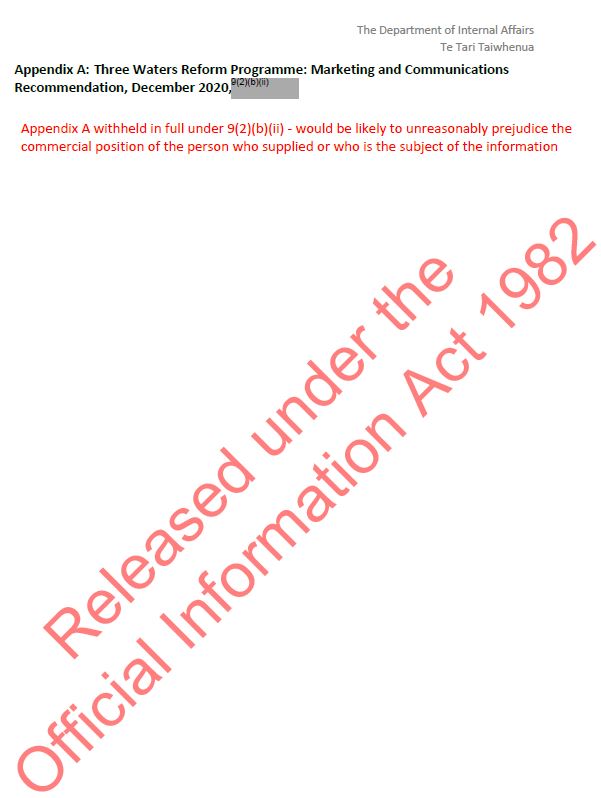 Anything wrong with this picture? (Image: Dept of Internal Affairs)
Anything wrong with this picture? (Image: Dept of Internal Affairs)“Consultants working with agencies subject to the OIA have to accept that they cannot generally have any expectation of anonymity. If you are going to give advice that seeks to influence a government decision-maker on a matter of significant policy, the public and the media should be able to know who the consultant is.
“That has been the prevailing practice under the OIA for over 30 years,” he said
What day is it?
Donnelly said it was also “not acceptable” that it took 50 working days for the three waters programme to decide not to release the advice and its author.
This comprised the statutory 20 working days allowed under the OIA, a 15-day extension (also allowed), and another 15 working days without a deadline extension.
“The statutory obligation is to respond to a request for official information as soon as reasonably practicable,” Donnelly said.
“Sometimes delay is just sloppy administration or lack of staff resource,” said Donnelly. “Neither is an acceptable reason for delaying transparency about government decision making.
“Sometimes delays are because staff have not had adequate training and do not know how to process the request efficiently in a timely manner.
“But on other occasions, the staff concerned do know what to do but choose not to because they, or someone they report to, do not want to make the information available either in a timely manner or at all,” Donnelly said.
“It is hard to understand why it has taken 50 working days for the DIA to deliver the less than convincing response they have given.”
An earlier OIA inquiry on the ad campaign had yielded one useful document, but a three-and-a-half page reply within the statutory 20 working days did not answer much of the request.
Asked to provide a more complete response, the three waters unit took a further 50 working days – 70 days in total – to confirm that the requested information did not exist.
Another chance
BusinessDesk has asked the three waters directorate to reconsider its decision to withhold the marketing proposal and the identity of its author.
The programme has promised a reply within 20 working days.
Do you know something we should know? Email BusinessDesk's public sector investigation team: [email protected].


